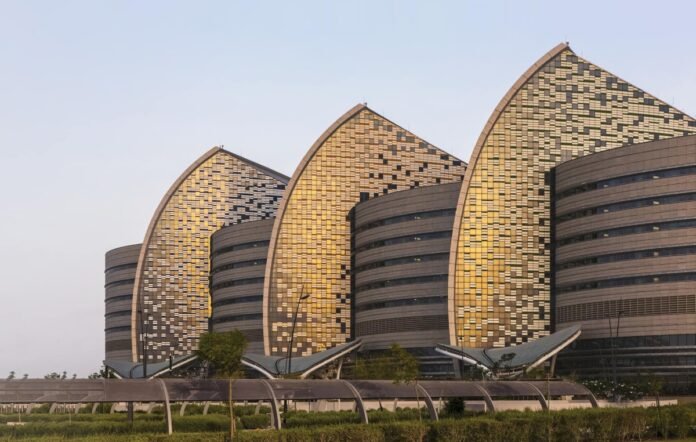Sidra Medicine is redefining fertility care in Qatar through an innovative model that emphasizes emotional, cultural, and clinical excellence. As a proud member of Qatar Foundation, Sidra Medicine fertility care combines advanced science with holistic, patient-centered support to deliver exceptional care.
Unlike many traditional fertility clinics that focus solely on procedures, Sidra Medicine fertility care places equal importance on compassion and continuity. Each patient, therefore, receives dedicated care from a single physician throughout their journey. “Most fertility clinics focus on treatment. We focus on the person,” said Dr. Johnny Awwad, Executive Chair of Women’s Services and Division Chief of Reproductive Medicine.
Moreover, Sidra Medicine’s fertility care program leverages cutting-edge technologies such as time-lapse embryo imaging, preimplantation genetic testing, and electronic witness systems. These tools not only enhance lab accuracy but also help improve embryo selection and implantation outcomes. As a result, their IVF success rates consistently rank in the top 10% of clinics worldwide.
In addition, Sidra’s commitment extends far beyond technology. A multidisciplinary team—including gynecologists, embryologists, endocrinologists, surgeons, mental health experts, and dietitians—works closely with each patient. They proactively address conditions such as PCOS, fibroids, and endometriosis, which often impact fertility. Consequently, many patients achieve better outcomes and, in some cases, even natural conception.
Furthermore, Sidra emphasizes the importance of planning before conception. “A healthy pregnancy starts long before conception,” Dr. Awwad noted. Through targeted support, women receive help regulating cycles, maintaining a healthy weight, and screening for inherited conditions. Sidra Medicine fertility care also involves trained counselors providing emotional support that respects the local culture and helps patients manage stress more effectively.
Equally important, Sidra prioritizes male fertility. The Male Infertility Clinic offers advanced diagnostics, including DNA fragmentation testing and genetic screening, along with both surgical and non-surgical treatments. “Infertility is a couple’s challenge, not just a women’s issue,” Dr. Awwad emphasized.
Above all, cultural and religious sensitivity remains central to Sidra’s approach. Treatments are fully aligned with Qatar’s legal and ethical guidelines. Therefore, options such as surrogacy or third-party gamete donations are not available. “Respect for cultural values shapes everything we do,” Dr. Awwad added.
Ultimately, for couples struggling silently with infertility, Sidra Medicine fertility care offers not just treatment, but hope. Its supportive and comprehensive approach ensures that no one has to face this deeply personal journey alone.


